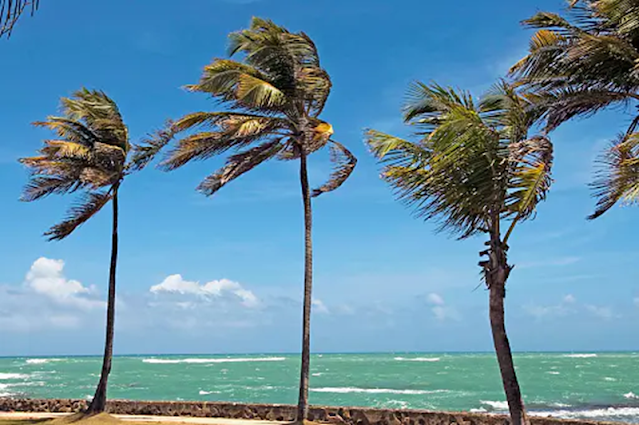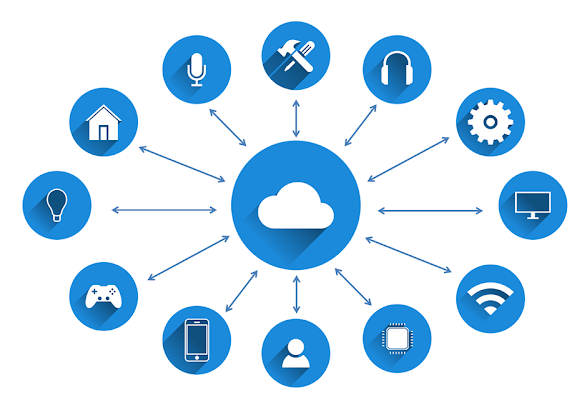#11 PARTICULARLY SENSITIVE SEA AREAS
A Particularly Sensitive Sea Area (PSSA) is an area that needs special protection through action by IMO because of its significance for recognized ecological or socio-economic or scientific reasons and which may be vulnerable to damage by international maritime activities. The criteria for the identification of particularly sensitive sea areas and the criteria for the designation of special areas are not mutually exclusive. In many cases a Particularly Sensitive Sea Area may be identified within a Special Area and vice versa. Particularly Sensitive Sea Areas Guidelines on designating a "particularly sensitive sea area" (PSSA) are contained in resolution A.982(24) Revised guidelines for the identification and designation of Particularly Sensitive Sea Areas (PSSAs). These guidelines include criteria to allow areas to be designated a PSSA if they fulfil a number of criteria, including: ecological criteria, such as unique or rare ecosystem, diversity of the ecosystem or vulnerab...

